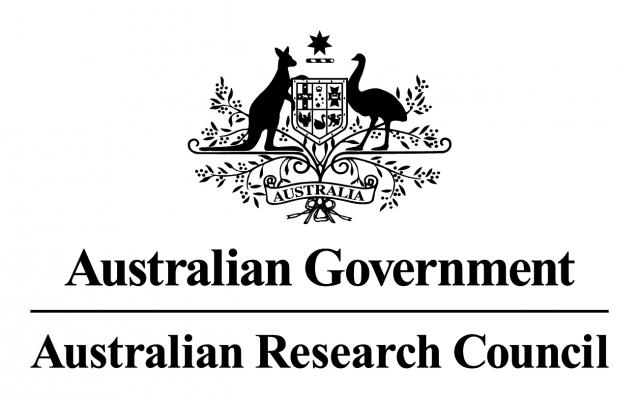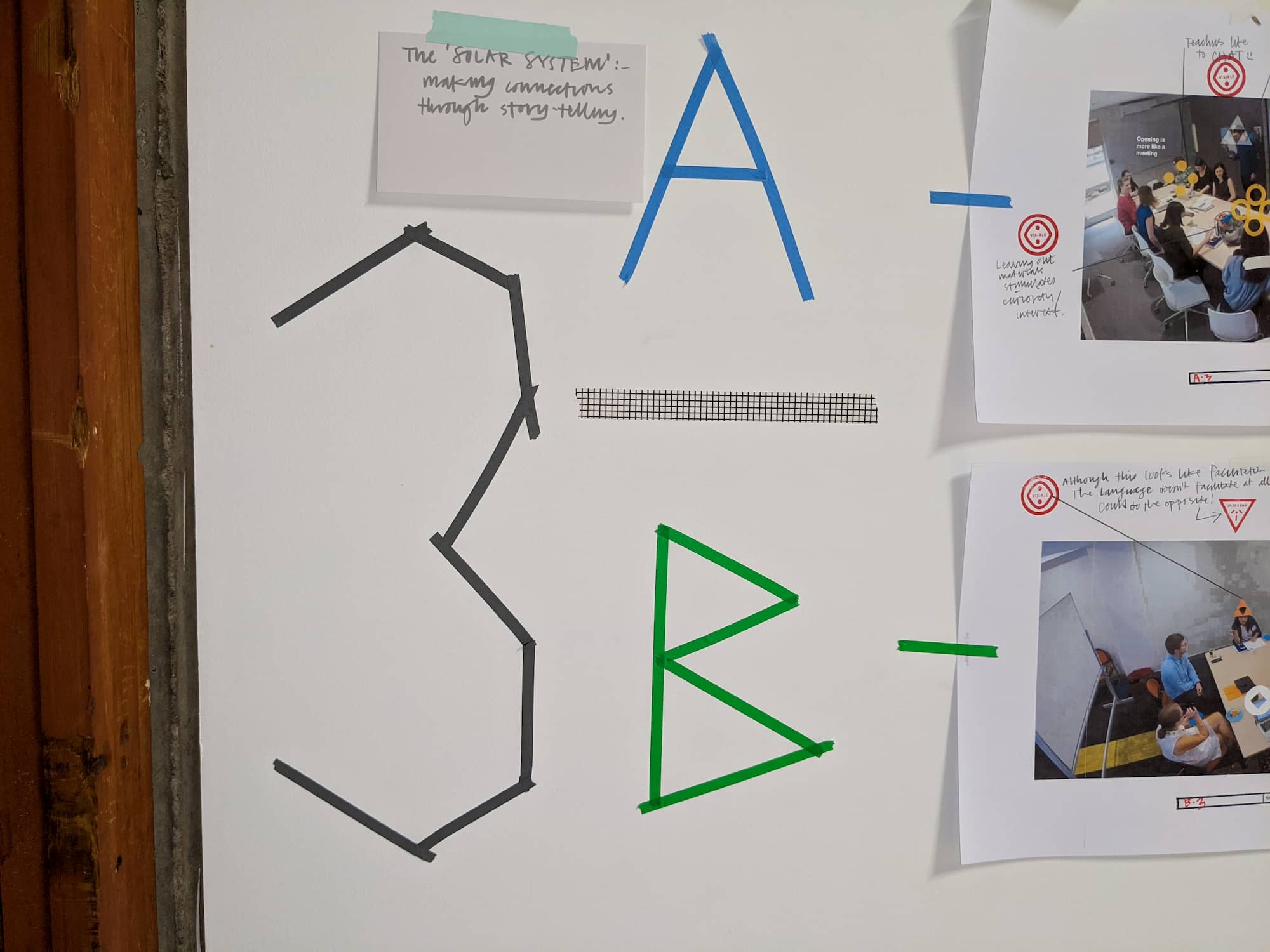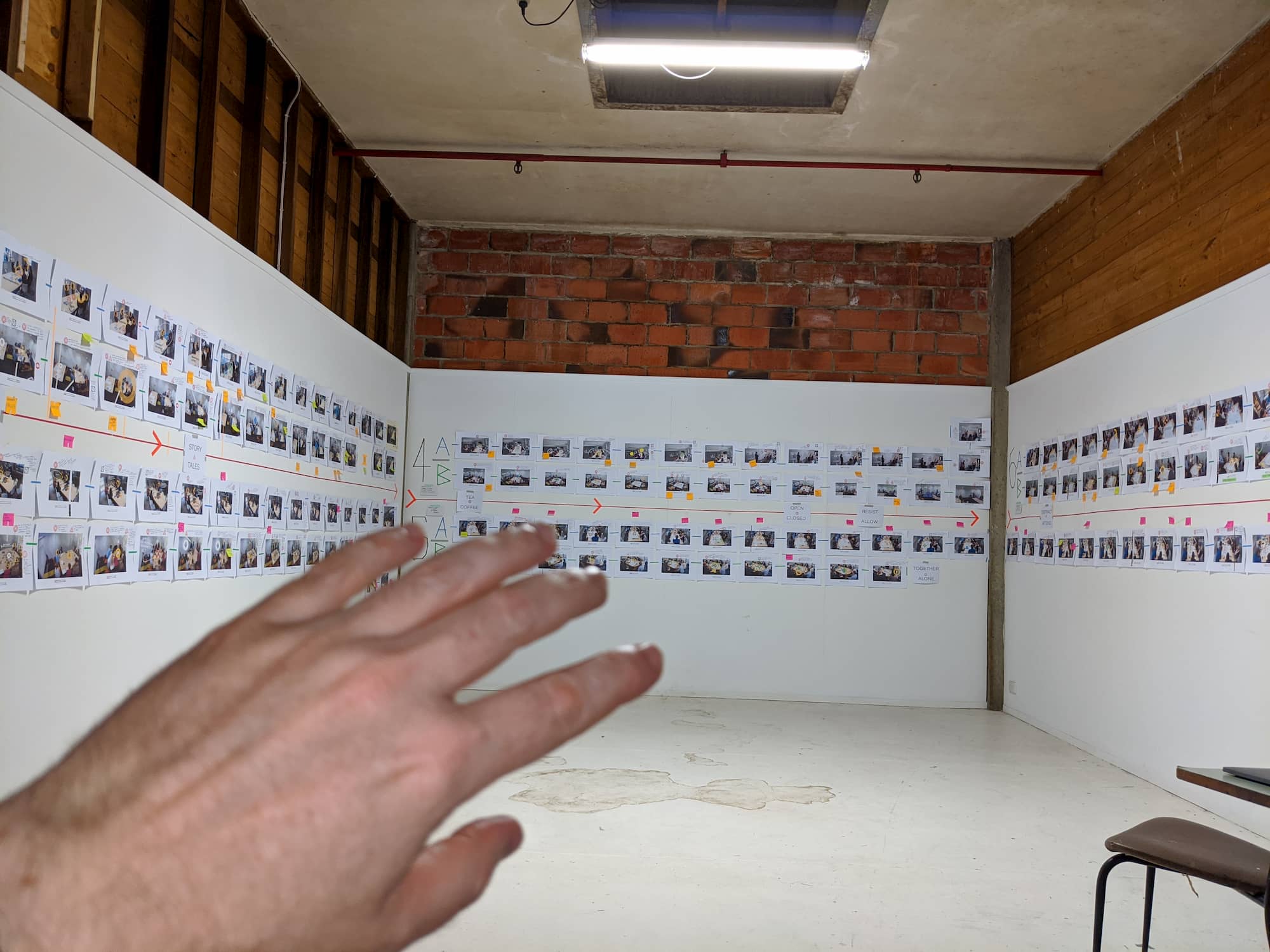tapeface is a typeface made from tape, obviously.
tapeface is a typeface made from tape, obviously.
tapeface is a typeface made from tape, obviously.
Tapeface was drawn and developed by Amici.
Tapeface was inspired by the process of mark making and taping onto a wall as a means of embodying affect in research, as pictured below.
Tapeface works by using the Overlay style multiplied on top of Regular. You can test Tapeface above by clicking and typing anything you wish.
This typeface is currently in development. Feel free to download the current version and use tapeface freely.
@ &
@ &
@ &
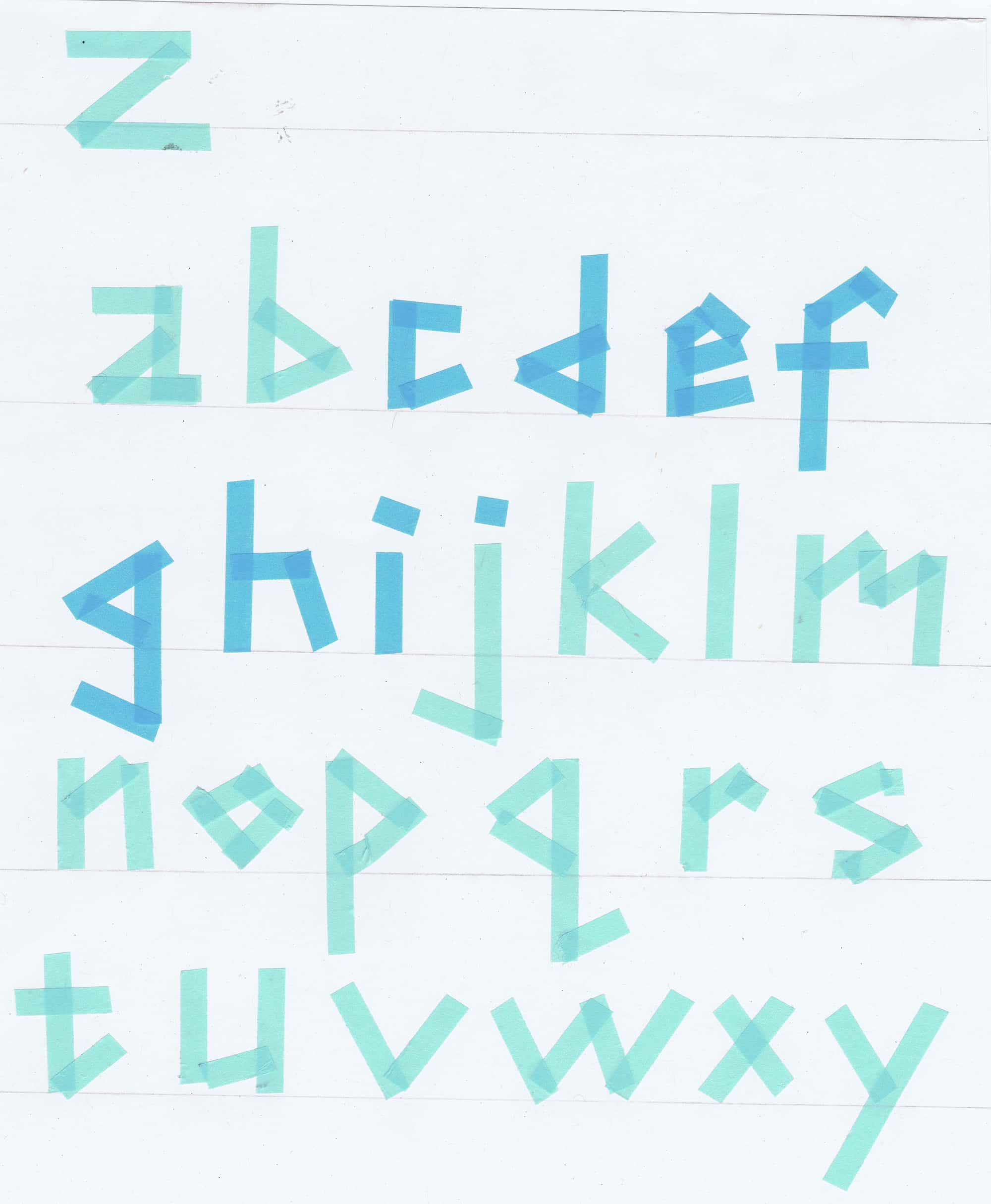
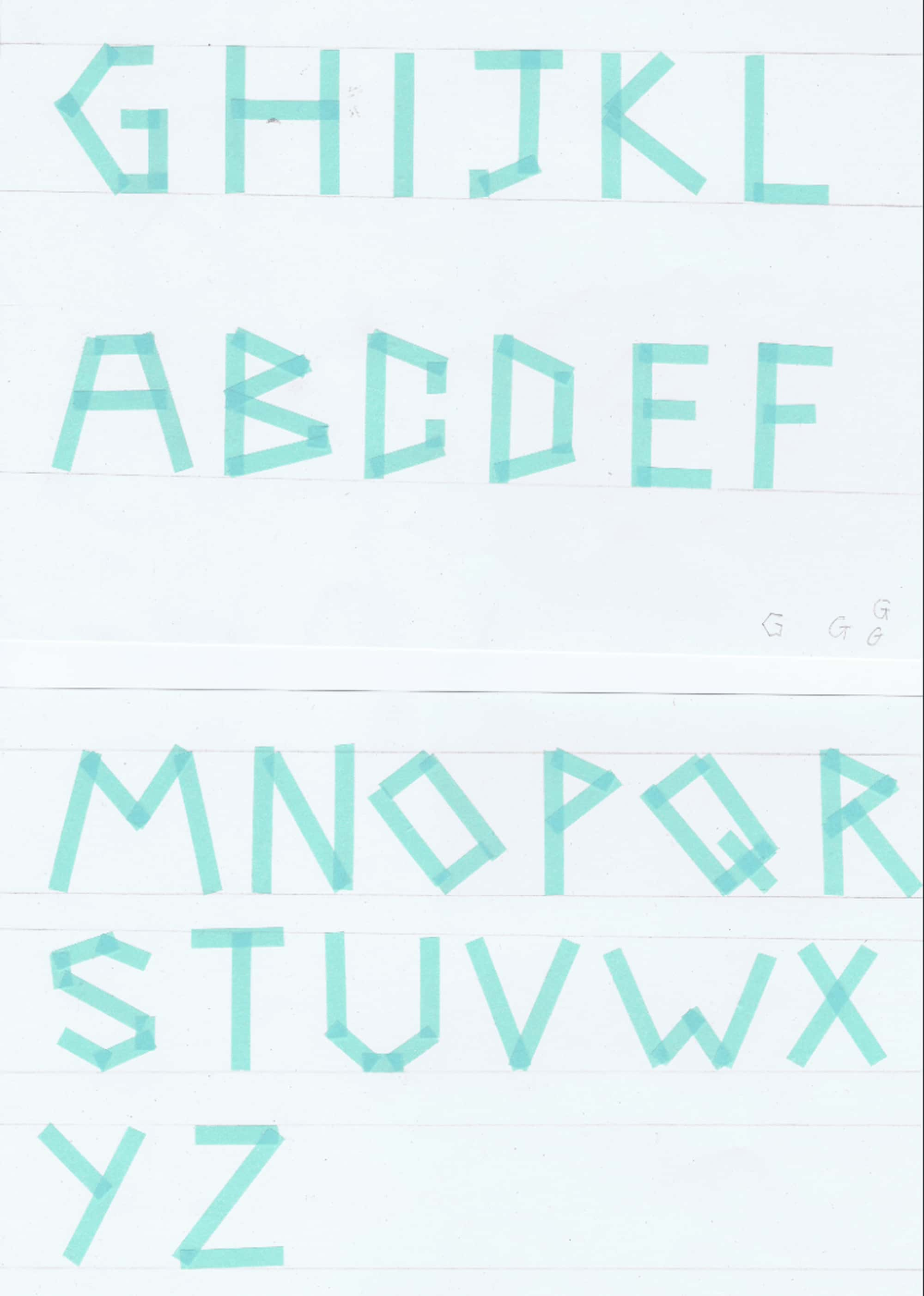

Design practice continues to shift with a ‘social turn’ that has reimagined how we evaluate and position the process of designing. Research recognises that the socially embedded nature of designing has propelled research efforts in design toward the social and dialogic nature of designing. This doctoral research recognises this shifting positionality of the designer within sites of collaborative research as an opportunity for practice-led research to contribute to how we might form better knowledge around this emerging re-evaluation of design expertise. How design practice shifts through these interdisciplinary relationships is the focus of this dissertation.
Design practice continues to shift with a ‘social turn’ that has reimagined how we evaluate and position the process of designing. Research recognises that the socially embedded nature of designing has propelled research efforts in design toward the social and dialogic nature of designing. This doctoral research recognises this shifting positionality of the designer within sites of collaborative research as an opportunity for practice-led research to contribute to how we might form better knowledge around this emerging re-evaluation of design expertise. How design practice shifts through these interdisciplinary relationships is the focus of this dissertation.
Design practice continues to shift with a ‘social turn’ that has reimagined how we evaluate and position the process of designing. Research recognises that the socially embedded nature of designing has propelled research efforts in design toward the social and dialogic nature of designing. This doctoral research recognises this shifting positionality of the designer within sites of collaborative research as an opportunity for practice-led research to contribute to how we might form better knowledge around this emerging re-evaluation of design expertise. How design practice shifts through these interdisciplinary relationships is the focus of this dissertation.

